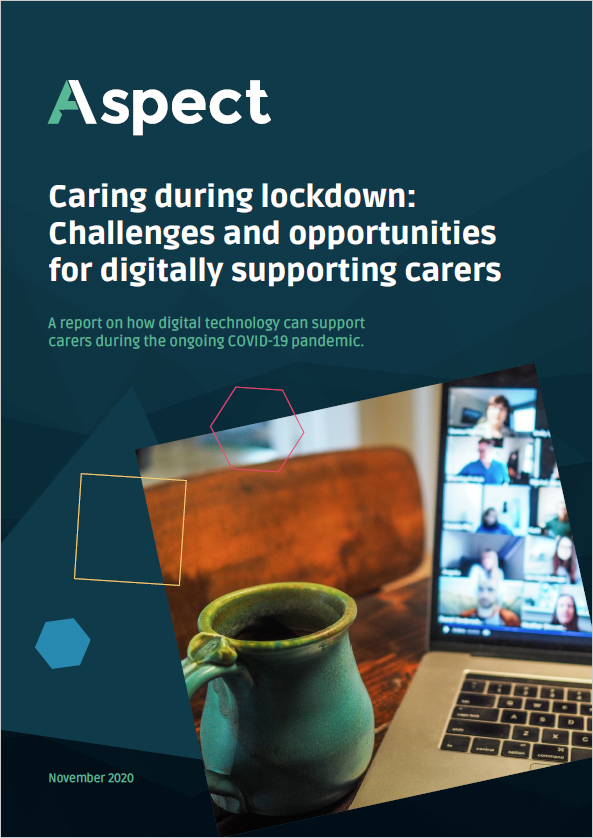Academics from the University of Sheffield and University of Liverpool, studied data from 118 carers during the first Covid-19 lockdown earlier this year. The team analysed unique, proprietary data to explore the carers’ experiences through their use of digital technology to stay connected, and access support and services from their local authority.
The participants socialised over Virtual Cuppas hosted by a professional Carers Coach from Mobilise – a tech company started and run by carers – to facilitate discussion and help identify challenges the carers are facing and solutions for them to consider.
During the four months of the first lockdown, the participant carers discussed significant challenges affecting their health and wellbeing in the digital groups, including; a perceived lack of information and social restrictions impacting their sense of certainty, control and levels of motivation, increased anxiety around access to health services and local authority support and those with dual roles, such as carer and mother, also had difficulty finding a work-life balanced during lockdown. Over time, these led to feelings of exhaustion and burnout amongst the carers, with many reporting social isolation and feelings of loneliness.
The report sheds light on how carers came together for virtual face-to-face time, via a digital platform like Mobilise’s Virtual Cuppas; to find solutions to their problems and draw on resources, and each other, for practical and moral support.
The Virtual Cuppas provided the opportunity for participants to share tips and community resources, helping carers build resilience and adapt to the new restrictions in lockdown. They noted that feeling part of a community with people in similar caring situations also helped reduce stress levels and kept the participants motivated during an incredibly challenging four months. They reported the time spent together was of great value and kept them motivated.
The report recommends four key ways local authorities can ensure their carers are supported as effectively as possible during a national crisis:
- Invest in additional accessible support for carers during national crises when access to traditional services is restricted
- Invest in innovations and infrastructure that can keep carers connected and they have the technology join that new support
- Invest in programmes for digital literacy amongst carers, to ensure they are empowered to access the community during a national crisis
- To consider how these additional methods of support are sustainable and can be adapted when restrictions begin to ease






